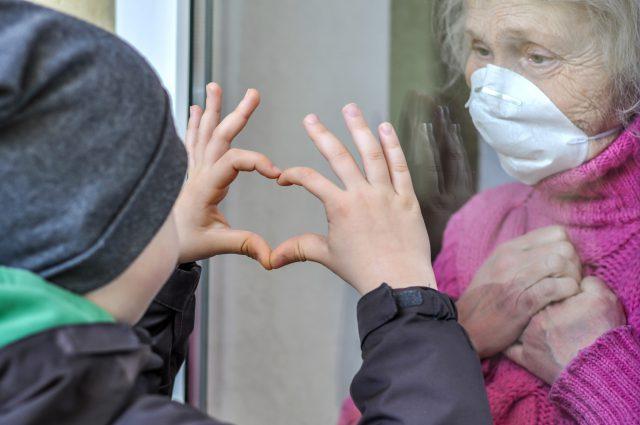LINDA PUGA
campus editor
Let’s unnormalize the stigma against mental health.
Why is it that the phrase “mental illness” has a negative connotation? If it’s brought up in a conversation, it’s deemed as a problem rather than a condition.
Why has society treated things like anxiety, depression, eating disor- ders, bipolar disorder, obsessive com- pulsive disorder and many others as though they are something to be ashamed of, when in reality mental ill- ness is something millions of people experience?
I, myself, am guilty of being too scared to be vulnerable. How do I tell someone that I wasn’t at an event because I was on the verge of a panic attack? Or when I don’t get everything on my to-do list done because my head isn’t in the right place and I can’t
quite understand why?
Though these feelings are unex- plainable, I’ll say this: they are normal. Just as having a bad day is normal, so are the impacts of mental
health.
Having a diagnosis doesn’t mean having a label, as most people would see you as. Not getting things done doesn’t make you a failure. Not being perfectly happy all day every day doesn’t make you any less of a human being.
I feel sometimes we forget that as much as homework, projects and tests matter, our own wellbeing should be our top priority. Studying for hours on end for an exam does nothing if you end up scatterbrained and unable to concentrate after not getting any sleep. In the same way, without taking breaks or setting time aside for your- self without work, school or organi- zation tasks in mind, you will put a strain in your mental health without
realizing.
Take a mental health day for yourself on a busy week. When you’re going through something, whether it’s a diagnosed condition or problems with family, friends or a significant other, it can be hard to do anything at all on a given day. Celebrate the small victories and remember, you never know what the ext to you is
going through.
































